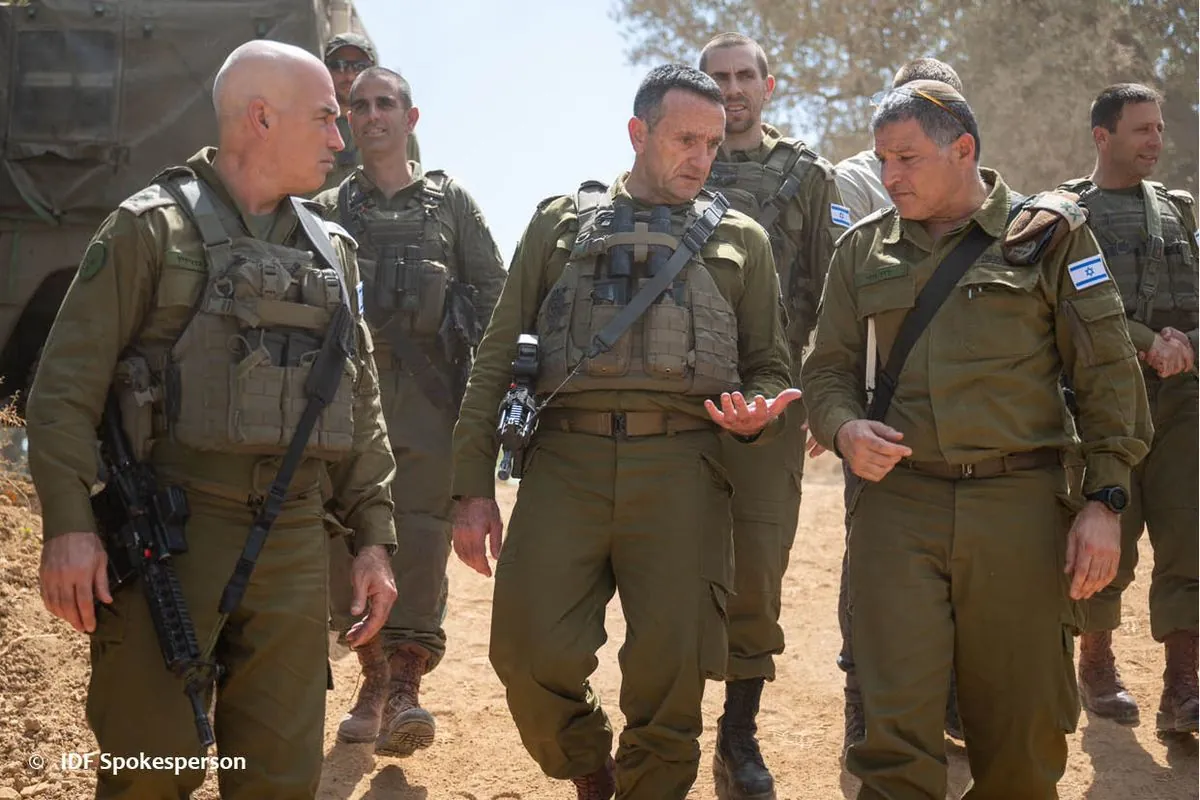One year after the devastating Hamas attack on October 7, 2023, Israel finds itself at a critical juncture, grappling with the aftermath of what has been described as the worst disaster in its history. The assault, which claimed approximately 1,200 Israeli lives and resulted in over 250 hostages being taken into Gaza, has left an indelible mark on the nation's psyche.
Hen Mazzig, a senior fellow at the Tel Aviv Institute, a pro-Israel advocacy group, observes, "I think Israel is a country that is still grieving, that I don't think was fully able to go through the grief and process what happened on Oct. 7." This sentiment echoes throughout Israeli society, where the trauma of that day continues to reverberate.
Israel's military response to the attack has been intense and controversial. The campaign in Gaza has resulted in nearly 42,000 Palestinian casualties and displaced almost all of the territory's 2.3 million residents. This has led to a shift in global sentiment, with initial sympathy for Israel giving way to widespread condemnation of its actions.
The conflict has also raised the specter of a wider war. Tensions with Hezbollah, the Iranian-backed group in Lebanon, have escalated, and Israel recently faced a missile barrage from Iran itself. A survey by the Israel Democracy Institute revealed that 80% of Israelis support offensive action against Hezbollah, despite the ongoing situation in Gaza.
The hostage crisis remains a painful and unresolved issue. Mass protests have erupted across Israel, demanding more government action to secure the release of those still held captive. This has led to growing criticism of Prime Minister Benjamin Netanyahu and calls for a ceasefire in Gaza.
"We only have one option to solve this, which is to transfer them to other sovereign states."
The conflict has deepened the divide between Israelis and Palestinians. Abu Yousef, a 70-year-old Palestinian from Kafr Manda in northern Israel, notes the change in relationships: "We used to have Jewish friends, we would ask about each other's families. But one who was your friend before, is no longer your friend."
For many Israelis, the events of October 7 have evoked existential fears reminiscent of historical traumas like the Nazi Holocaust. Alex Kaidrikov from Tel Aviv expresses a common sentiment: "The feeling is there's no security in this place. Anything can happen."
Israel now faces significant international legal challenges, including allegations of genocide at the International Court of Justice and potential arrest warrants for alleged war crimes at the International Criminal Court. These developments have contributed to a sense of isolation among many Israelis, who feel misunderstood by the international community.
Maayan, a 37-year-old product manager from Tel Aviv, articulates this feeling: "At the end of the day, I'm Israeli. I have nowhere else to go. So I do find it a little painful."
As Israel marks this somber anniversary, the nation finds itself at a crossroads, grappling with internal trauma, external threats, and a rapidly changing global perception. The path forward remains uncertain, but the impact of October 7, 2023, continues to shape Israel's present and future.
